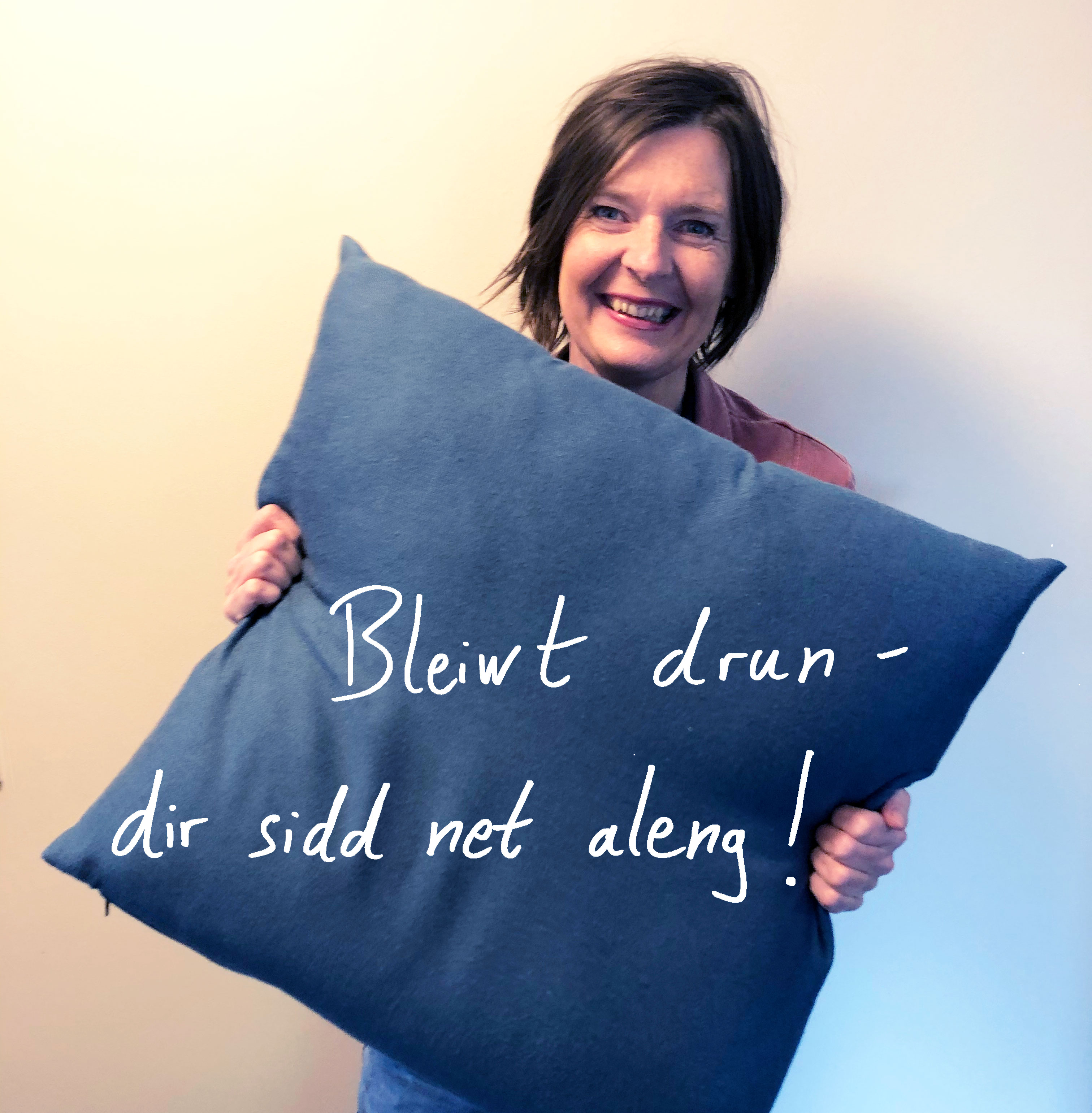
As an occupational therapist, I help people with Parkinson's to improve their performance of everyday activities and movements. The special thing about this is that I visit the patients at home to work with them directly in their personal environment, also involving their relatives. It is important to listen carefully and pay attention to details: Where exactly are the problems in everyday life? What motor impairments occur during which activities? And what is the patient perhaps not even aware of himself?
The advantage of meeting patients in their personal environment is that an occupational therapist like me is able to design the assistance and exercises with the patient in such a way that they have a direct influence on their practical everyday life. The exercises include general movements such as sitting down and getting up from the bed, chair or sofa, but also small actions such as writing, fetching a bottle from the fridge or buttoning a shirt or blouse. Here, it is particularly important to train fine motor skills in context, so that patients regain confidence in routine actions and, above all, a new perspective on everyday life, despite the limitations caused by Parkinson's disease. They are often surprised themselves how quickly some things can be improved by small changes in the movement sequences through repeated practice.
Furthermore, the exchange with my colleagues in ParkinsonNet helps me a lot to enable an efficient treatment of Parkinson's and to refer patients to speech and language therapists or physiotherapists if necessary. However, above all, one thing is essential: practice and repetition are the most important things to promote mobility and maintain quality of life. You have to keep at it - even when it gets hard!




